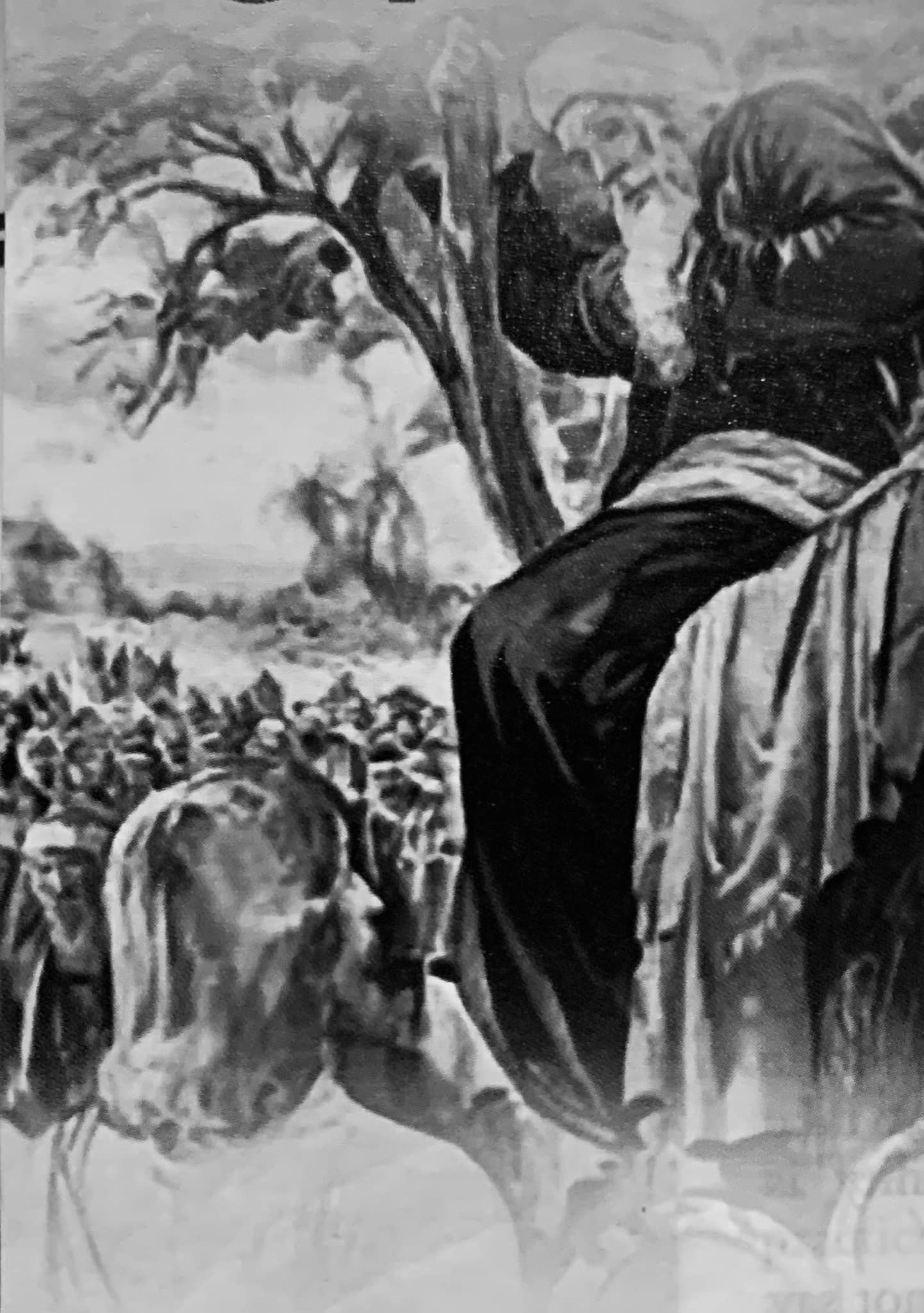429 total views

As Luke comes to the end of the travel account, we read the engaging story about Zacchaeus found only in his gospel (19:1-10). This episode can be considered the end of that section that has the “outcast” as the recipient of Jesus’ special concern, (beginning chapter 15- the lost sheep, coin, son). For he sees in this outcast of Palestinian society yet another of the “lost” whom Jesus has come to save.
Closely following the story of the blind beggar struggling to get close to Jesus to be cured, (18:35-43), Zacchaeus, due to his low stature, is pictured as challenged as well to meet Jesus. Implying that “salvation” is not easily accessible, both had to act purposively. Thus the eagerness of Zacchaeus to see him even to the point of behaving unbecomingly of a high official,(vv3-4). The verb used is “zëteõ” (ζητἐω), which means to “seek” or “search for/after” (like the kingdom of God- Mt 6:33; Luke 12:31, 13:24; or to do the will of God- John 5:44).
In the case of Zacchaeus, it is not a mere expression of curiosity but probably a vague discernment of something special about Jesus. And for salvation to reach him, he took the initiative and continued in his compliance: he hosts the Savior in his home (v6); he is willing to surrender his wealth (in contrast with the response of the rich official in 18:24-27) and to correct any injustices of which he is guilty (v8). From Jesus’ side salvation meant acceptance of the sinner and defiance of Jewish custom in engaging in fellowship and meal sharing (vv5f). Once outreach from both sides has taken place, salvation is confirmed and realized “today” (vv5, 10). The “kairos” or definitive time of the salvific event is now present in Jesus’ person, (2:11; 23:43). With that, Luke’s leitmotif of God’s outreach to the marginalized and its positive acceptance is underlined (v9), and with the final pronouncement of Jesus (v.10), where the same verb “zëteõ” is used, the episode does not only achieve its integrity but also the soteriological message of the entire travel account, of the whole gospel even, is proclaimed: as the Son of Man, Jesus has come to seek out and save the lost, (alluding to Yahweh who is depicted as a shepherd who would seek out Israel, his flock which has been scattered, cf Ezq 34:16)).
Indeed, the Lord will continue to seek us no matter how often we are lost. But like Zacchaeus, we need to seek him out as well, with genuine humility, sincerity and repentance. Remember what the Book of Wisdom (first reading) says: “you have mercy on all because you can do all things and you overlook the sins of men that they may repent”. Now let us welcome Jesus into our “house” so that he may “save” us. Amen















